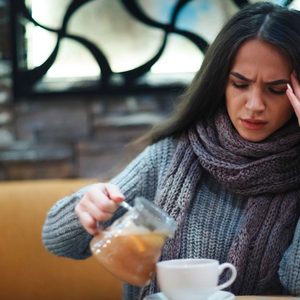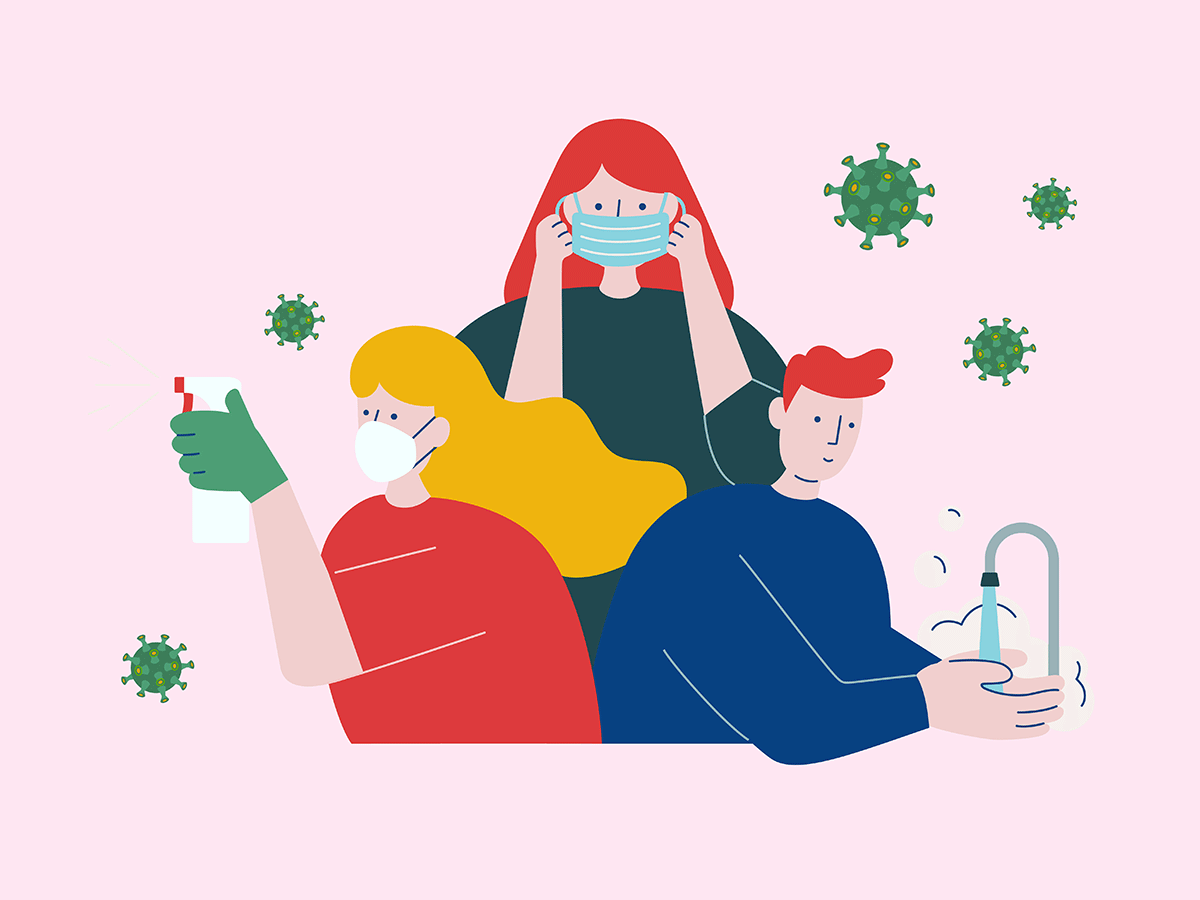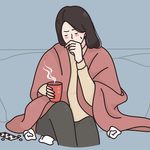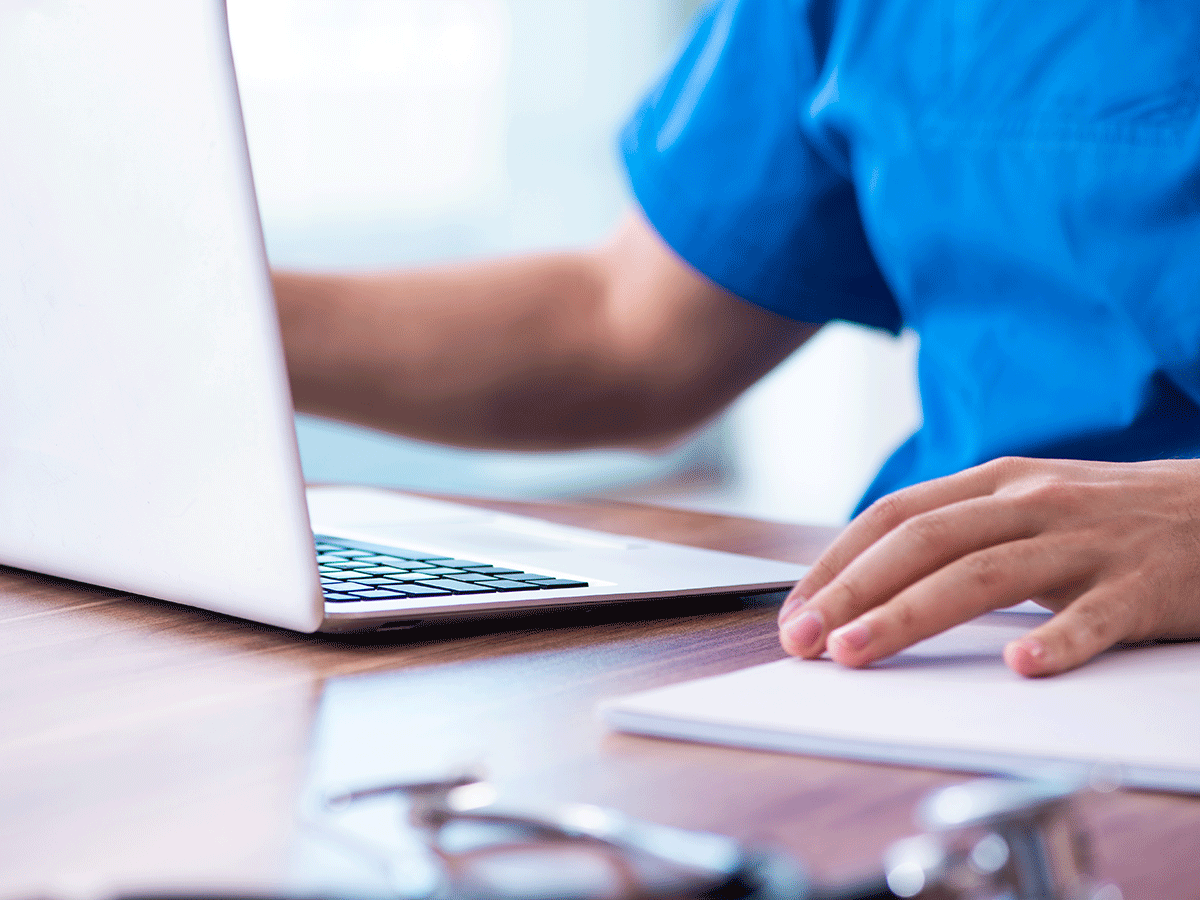How Can I Prevent Coronavirus?
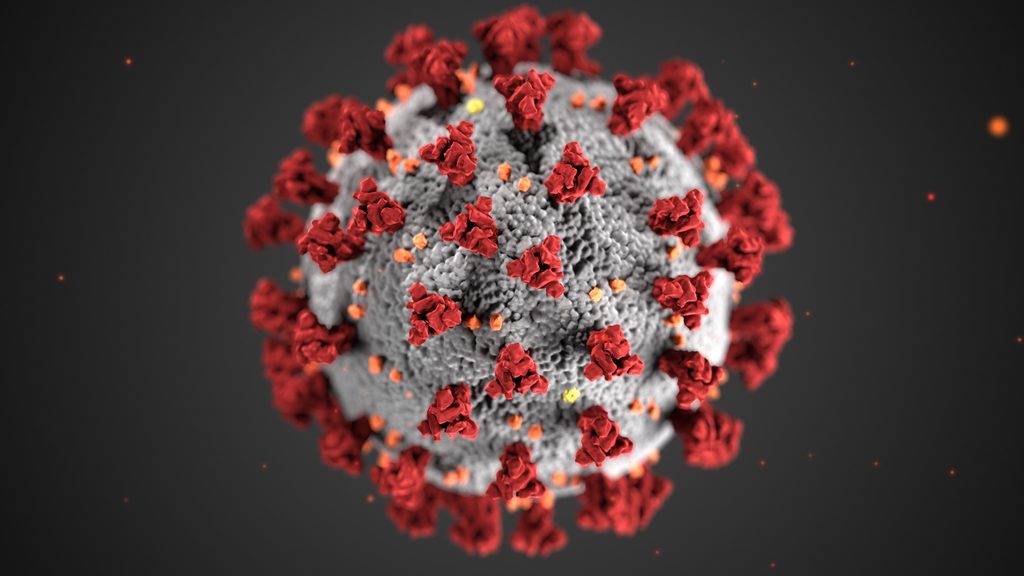
The global outbreak of coronavirus is spreading confusion and panic along with disease. As the number of Covid-19 cases rises, so does the need for credible information. (Because panic is definitely not necessary.) Here are the latest facts on being prepared, preventing risks, what to do if you have symptoms, and how to keep yourself and others safe.
The newest coronavirus is a global public health crisis. The virus is spreading fast, and has the potential to affect large populations in the United States. Meanwhile, “what to do” is a moving target: Should you wear a mask? Cancel flights? Stay home if you’re over 60? And exactly how many Happy Birthday songs must you sing while washing your hands? Here’s the latest about who the virus is really affecting and how to protect yourself and the people you care for.
What is the Coronavirus?
Coronaviruses are actually a family of viruses. The virus that causes Covid-19 (short for coronavirus disease-2019) is a new strain that causes respiratory illness and can be be potentially life-threatening for some, but relatively harmless for 80 percent of people. The virus itself is called SARS-CoV-2, according to World Health Organization (WHO), and it’s from same family that has caused other infectious diseases like MERS (Middle East respiratory syndrome) and SARS (severe acute respiratory syndrome).
The first cases were identified around December 2019. To date, there are more than 100,000 cases of Covid-19 globally, according to the World Health Organization, with 647 in the United States. The number is growing rapidly and, experts believe many existing cases have yet to be identified. In Canada, there are 152 reported cases of Covid-19.
Although the disease is spreading rapidly, experts are still uncertain about who has Covid-19, why some people get it and others don’t, exactly how it’s transmitted, and what to do to stay safe. Scientists at U.S. government agencies believe this new virus spreads easily from person-to-person through respiratory droplets produced when an infected person coughs or sneezes. It may also be picked up through contaminated surfaces and seems to spread throughout communities and regions, sometimes without a clear source of the original infection.
Most people infected Covid-19 have experienced mild to moderate symptoms, but it’s in everyone’s interest to prevent the spread of this potentially deadly disease. The reason? One person may feel fine but could pass the virus to someone else who is more vulnerable. By making serious efforts to halt the spread of the disease—even if you personally are in good health and not particularly concerned—it can protect more vulnerable people in the population.
If you have Covid-19, symptoms they can be mild (like a common cold) or severe. They usually start two to 14 days after the initial infection. They include:
- Coughing (usually a dry cough)
- Sore throat
- Sinus pain
- Fever
- Shortness of breath
Advanced signs of Covid-19 may require immediate medical attention. These include:
- Difficulty breathing or shortness of breath
- Other breathing problems, including pneumonia
- Persistent pain or pressure in the chest
- Confusion or delirium
- Bluish lips or face
Because mild symptoms of Covid-19 are similar to so many other health complaints, including the common cold, flu, and even asthma and allergies, it’s important to assess the real odds that you might get it (which are likely to be low). While anyone could potentially develop Covid-19, these are the specific populations who are at most risk of infection:
- Those who live or work in an area where cases of Covid-19 have been reported
- Healthcare workers caring for patients with Covid-19
- Those who have had close contact with someone with Covid-19
- Those who have traveled to areas affected by Covid-19
Many people, including children, can become infected with Covid-19 and make a full recovery, according to the National Institutes of Health. Others can develop more severe symptoms and be at risk of death. Those in the latter category include older adults (the risk increases for every decade), people with compromised immune systems, and people who have other medical conditions such as high blood pressure, heart disease, and diabetes. There is no vaccine or specific cure for Covid-19 (although many treatments might help symptoms) and little clarity in many areas on how to get tested.
As a result, schools are closing, big events and even professional sporting leagues like the NBA and NHL have been suspended, and some travel restrictions are in place such as the U.S. ban on travel from certain countries in Europe. The CDC is even advising people over 60 to stock up on food and other supplies and stay home.
What happens if Covid-19 shows up in your community? It helps to be prepared and take precautions, but you should remember that this virus probably isn’t as life-threatening as SARS or MERS, which had higher mortality rates but didn’t spread as easily as Covid-19, The mortality rate for the coronavirus is thought to be about 2 percent, which is higher than the flu. Still, there’s a lot you can do if you suspect you might be infected:
- Stay home and call your doctor (don’t rush to the ER unless you are experiencing life-threatening symptoms)
- Tell your doctor about your symptoms by phone or email, and say “I have or may have Covid-19.” This will help them care for you and keep you from others who might be exposed
- If you are not sick enough to be hospitalized, you can stay in place and get better. Here’s a guide to recovering at home.
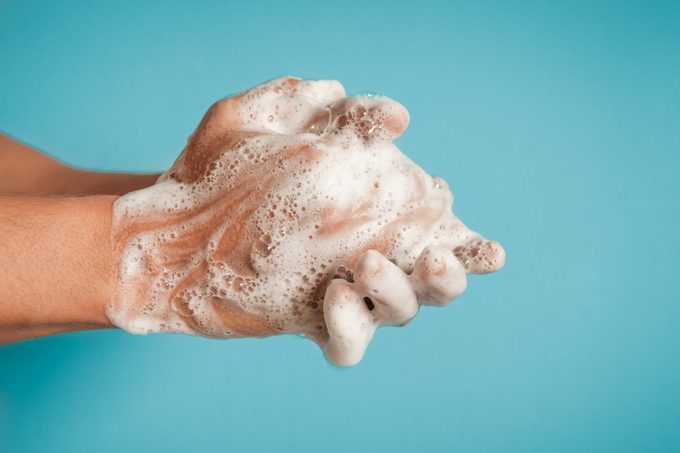 Coronavirus Prevention Tips
Coronavirus Prevention Tips
Of course, avoiding Covid-19 is your best bet Here’s what experts at government agencies and doctors at the frontlines of clinical care recommend to reduce the spread of Covid-19:
- Wash your hands frequently. This simple habit is one of the most effective things you can do to protect yourself, your family, and your community. Wash with soap and water for at least 20 seconds, especially before eating, after using the bathroom, or after coughing or sneezing. No sink? Use an alcohol-based hand sanitizer with at least 60 percent alcohol (and despite what you may have seen on social media, vodka is not a substitute). Whether using soap or hand sanitizer, remove your rings first, then be sure to lather up easy-to-miss areas of the hands, such as the backs and between the fingers, and the wrists.
- Cover your coughs and sneezes—either with a tissue or elbow. Throw tissues in a trash can as soon as you’ve used them and wash your hands again. Like the cold, flu, or other respiratory illnesses, Covid-19 spreads through tiny, infectious droplets emitted from an infected person’s nose or mouth when they talk, sneeze, cough, etc. Coughing or sneezing into your hands is better than not covering your mouth at all, but try not to: It can spread disease when you touch surfaces afterward. If you do cough or sneeze into your hands, wash or sanitize ASAP.
- Isolate yourself if you have symptoms. Watch for the most common symptoms associated with Covid-19 (fever, dry cough, shortness of breath) and, if you have any of them, don’t leave the house. Staying in place when sick—even if it’s not Covid-19—can help reduce the spread of diseases. Having fewer people in healthcare facilities also allows doctors to focus resources on the most vulnerable populations.
- Sanitize surfaces. You’ve seen people wiping down phones and computers, right? That’s smart! Pathogens can spread if someone touches an infected surface then touches their eyes, nose, or mouth. (Please try not to touch your face!). Regularly clean countertops, bathroom sinks, doorknobs, faucet handles, and anything that see a lot of traffic in your home.
- Limit face-to-face contact with others. Infected people may not show symptoms for a week, and in rare cases, they may carry the virus without showing symptoms at all. In other words, your friend could be sick and contagious even if they don’t feel sick. (Thankfully, asymptomatic cases seem to be uncommon.) Finally, avoid hand-shaking or hugging for now. Elbow bumps or a gracious nod are safer ways to greet people.
- Avoid non-essential travel. While it’s common sense to avoid travel to any county with a serious outbreak of Covid-19, many people are cancelling all unnecessary trips because contained spaces, such as airplanes and cruise ships, have been sources of outbreaks. Many companies are offering refunds for booked tickets. Check out the Government of Canada’s travel guides for those who need to or want to continue to travel.
- Talk to your doctor if you have a risk of complications. Your healthcare provider may have additional recommendations for you, such as following a voluntary home quarantine to avoid contracting Covid-19. Those most at risk of complications include people over 60 years of age, and people with underlying conditions, like high blood pressure, heart disease, diabetes, chronic respiratory disease, autoimmune conditions, and cancer, according to multiple published studies.
- Don’t assume you need to wear a mask. Media images of masked people wandering through empty cities can make Covid-19 look like the next zombie apocalypse, but experts are not recommending them for healthy people. Who does need a mask? People who show symptoms, such as frequent coughing or sneezing (you want to keep your potentially infectious droplets away from others) or are caring for someone who might have Covid-19. That’s where the face masks come in handy—by containing infectious droplets when the virus is very active.
Bottom line: Covid-19 is new, but the advice for staying safe isn’t. Many of the recommendations for avoiding and treating Covid-19 apply to other, even more deadly, viruses. Meanwhile, responses are changing by the minute, so keep yourself up to date by reading or listening to reliable sources, such as the CDC.
The Science of Coronavirus
The best way to understand what’s going on is to turn to the scientists searching for a solution. Covid-19, it turns out, isn’t as mysterious as some claim, in spite of what Instagram or your neighbor’s cousin may say. (Remember, there are no cures or special supplements that can help; also, no government or cult conspiracy started the spread.)
What we now know is that Covid-19 was first reported in December of 2019, to a regional WHO agency in Wuhan, a large province in China. At first, scientists thought they were seeing a new type of pneumonia but soon attributed it to something new in the coronavirus family.
All coronaviruses are “zoonotic,” meaning they’re transmitted from animals to humans. Once coronaviruses have jumped to humans, human-to-human transmission may develop, which is the case with Covid-19. Fast forward a few short months and this virus has been deemed a global pandemic, meaning it’s a serious, worldwide threat that’s evolving quickly.
Besides the need for education and constant updating, the areas of most urgent scientific inquiry are treatment and more effective prevention. To date, there is no specific treatment for Covid-19, and no vaccine. For patients with severe infections that cause respiratory problems, oxygen therapy is seen as the best approach. Antibiotics and steroids, which might be given for related conditions such as pneumonia, don’t seem to help against Covid-19. (In general, antibiotics are useless for viral infections like Covid-19 but they can help fight bacterial infections that sometimes can occur after the viral infection.) One hopeful note: Researchers are currently studying remdesivir, a broad-spectrum antiviral, for Covid-19 because it has shown promise against other forms of coronavirus.
Since the first outbreak of Covid-19 in Wuhan, the disease is spreading worldwide, and so is our understanding of how to respond. Older people and those with immunocompromised conditions are at the most significant risk. Health care providers are still learning how to manage the disease and support those who have it. It’s up to the rest of us to take the precautions necessary to avoid the spread of Covid-19 if we can.

